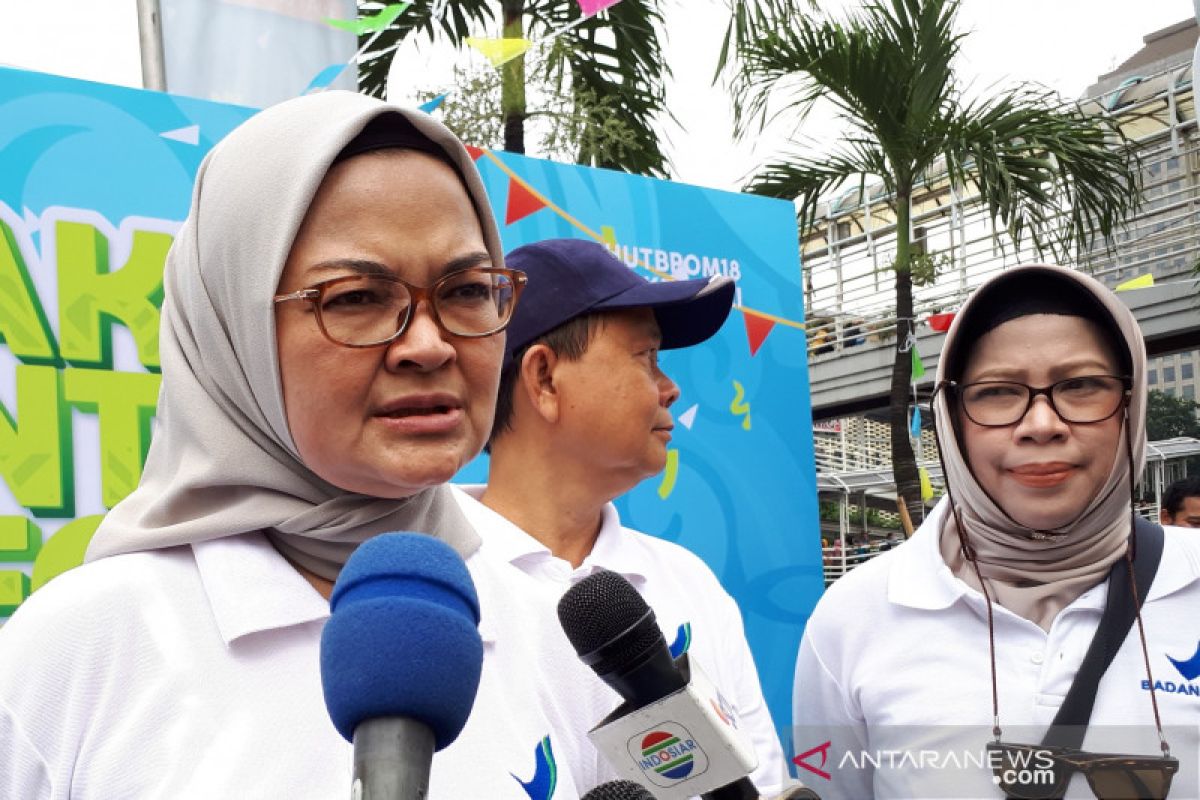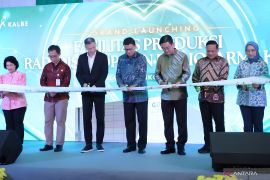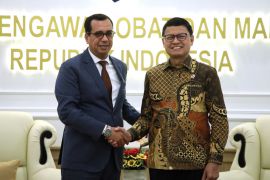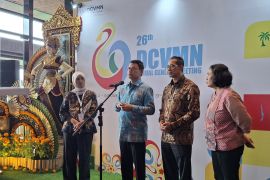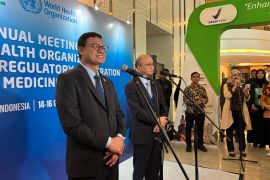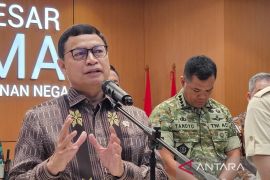"With a two-dimension barcode, people could play an active role in the process of food and drug control," the agency's head Penny Kusumastuti Lukito said, citing one feature in its online services.
The 2D barcode would allow people to identify and authenticate certain products by scanning the barcode with their gadgets.
The feature that could be downloaded in Play Store could help people identify legality of the product's distribution license number.
Penny said the agency also has a special sub-site for micro small and medium-scale enterprises (UMKM) at http://clearinghouse.pom.go.id/IstanaUMKM/id.
The sub-site was established to build collaboration and synergy among ministries, institutions, and food industries.
"The sub-site is a medium for education, communication, and promotion that provide information on micro, small and medium businesses and their products," she said.
In addition to the two features, BPOM has also promoted "Siapik" application to speed up the process to get approval for drug advertising through three lanes of applications and electronic signature.
It also has Notifkos-New application with self-verification feature to allow entrepreneurs to have self-assessment on product data and avoid mistakes in data admission.
The process to issue certificate of export (SKE) would be more effective and efficient with the application of electronic signature.
Other applications are New-AERO, e-certification on good manufacturing practice (CPOB), and integrated CPOB with online single submission (OSS) system.
Reporting by Anom Prihantoro, Sri Haryati
Editing by Rahmad Nasution
Reporter: Antara
Editor: Sri Haryati
Copyright © ANTARA 2019
